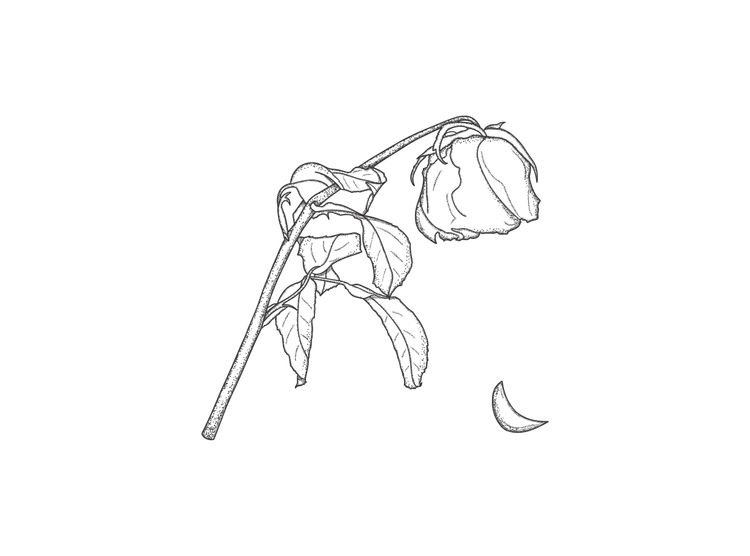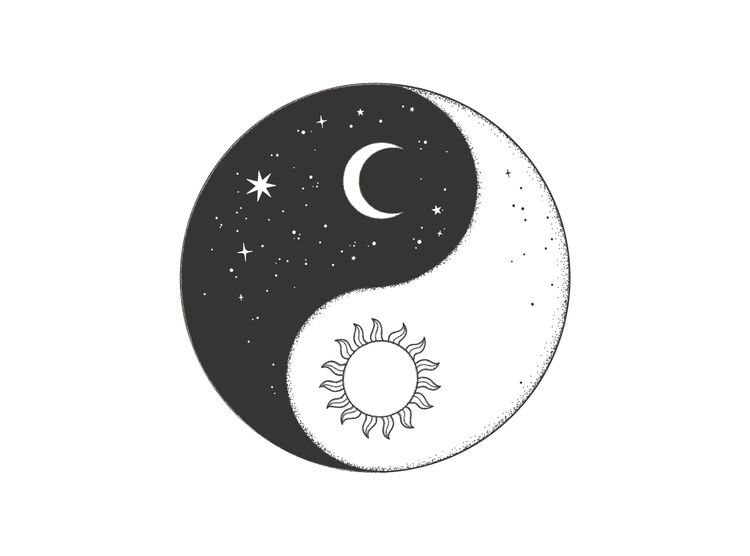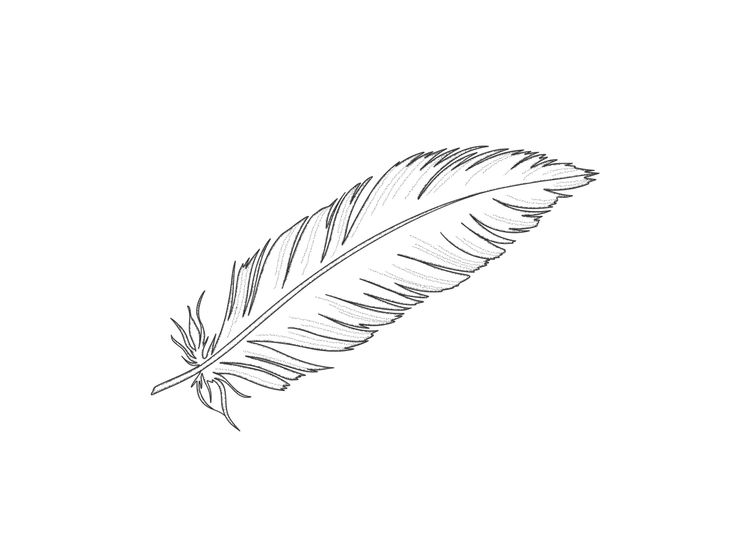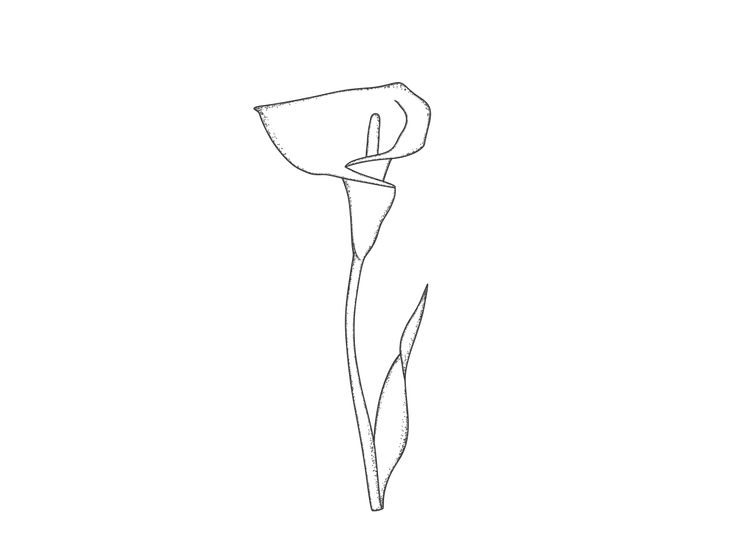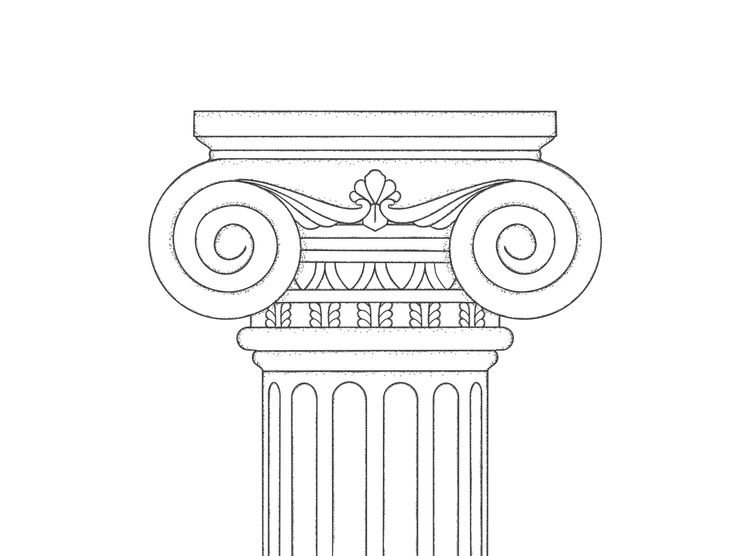Freedom
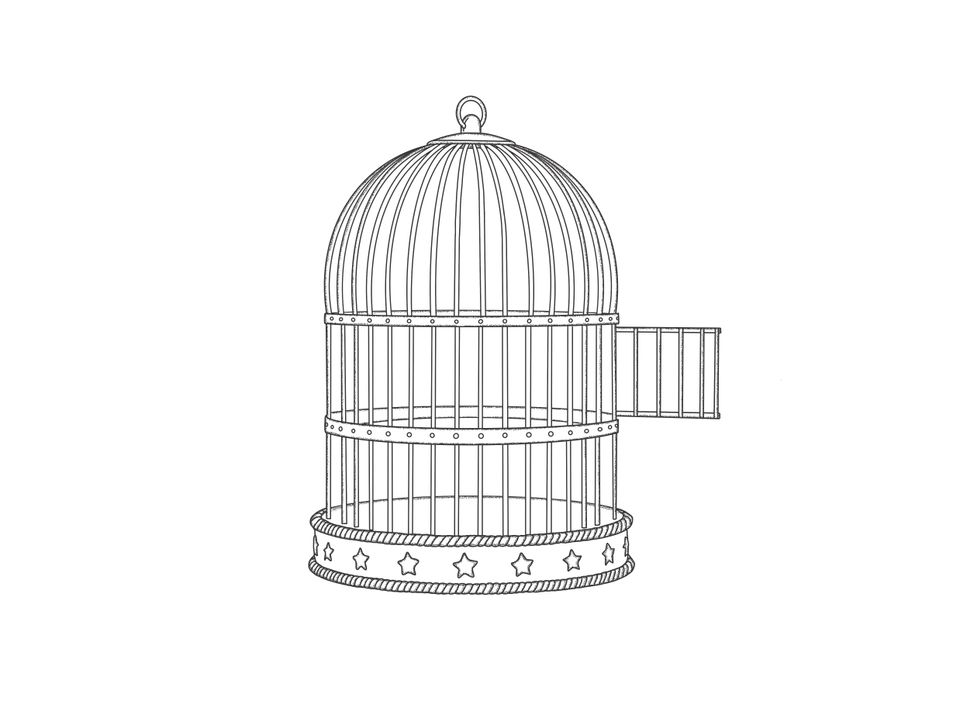
We yearn for freedom. But what is it to be free? Are we free when we live without need, or go where we want? Do we live freely when we speak and act how we like? Are we free when we remove the yoke of tyrants? Or are the cages we live in of our own making?
We become more free when we loosen our ties to the stories we tell about ourselves, too long in the telling. We find more freedom when we liberate ourselves from our desires and aversions, and from the habits of mind that limit how we see and act.
We live more freely when we leave behind the savior's burdens, the victim's grievances, the pleaser's resentments, the sinner's guilt, and the righteousness of the just.
We become more free when we loosen our attachment to the stories we tell about the world—salvation and damnation, the march of progress, looming catastrophe, the wrong and right sides of history. The universe echoes with every story ever told, and loves them equally.
We become more free when we loosen our bondage to the world—to our bodies, to our possessions, to the past and the future. Like everything that lives in time, all becomes dust.
When we free ourselves in this way, we walk the earth with a lighter tread. We greet each other with open hearts. We experience the joy and sorrow of life with a fierceness that leaves us sobbing, or breathless. We are blessed with grace. We cherish every moment, for the present is all we have.
Not gonna lie, this one turned out Buddhist :) But that's me for you.
"Freedom is not given to us by anyone; we have to cultivate it ourselves," wrote Zen master Thich Nhat Hahn in Be Free Where You Are, a book based on a speech given to the inmates of the Maryland Correctional Institution in 1999.
Nelson Mandela, who spent 27 years in prison for opposing South Africa's apartheid system, wrote this in his autobiography Long Walk to Freedom:
As I walked out the door toward the gate that would lead to my freedom, I knew if I didn't leave my bitterness and hatred behind, I'd still be in prison.
Some mornings I climb up the mountain to a spot where I can look down on my house. I sit there and meditate. I imagine my house in my mind's eye, and begin to speed up time. First, I watch the house decay. The wood siding cracks and splits. The roof falls in. The timber frame collapses. I speed up time some more. Trees grow, age, collapse and rot. Eventually, the mountain itself begins to change shape as the earth's geological processes reveal themselves.
Our home, the Milky Way, is a river of stars.
If nothing stirred in you when you read this, try listening to the Flaming Lips instead. (Thank you for sharing your favorite song with me, Chris. It is 100% you.)
"Captivity is consciousness" is an ever-so-slightly edited quote from a poem called No Rack can torture me by Emily Dickinson.
No Rack can torture me—
My Soul—at Liberty—
Behind this mortal Bone
There knits a bolder One—
You cannot prick with saw—
Nor pierce with Scimitar—
Two Bodies—therefore be—
Bind One—The Other fly—
The Eagle of his Nest
No easier divest—
And gain the Sky
Than mayest Thou—
Except Thyself may be
Thine Enemy—
Captivity is Consciousness—
So's Liberty.
The last word this week needs to go to BoJack Horseman.
See Sarah Lynn? We're not doomed. In the grand scheme of things we're just tiny specks that will one day be forgotten. So it doesn't matter what we did in the past, or how we'll be remembered. The only thing that matters is right now. This moment. This one spectacular moment we are sharing together. Right, Sarah Lynn? Sarah Lynn?
Each week I explore a life metaphor that has touched me in my coaching. Subscribe to get my scribblings every Sunday morning. You can also follow me on Medium, or on LinkedIn. Feel free to forward this to a friend, colleague, or loved one, or anyone you think might benefit from reading it.

